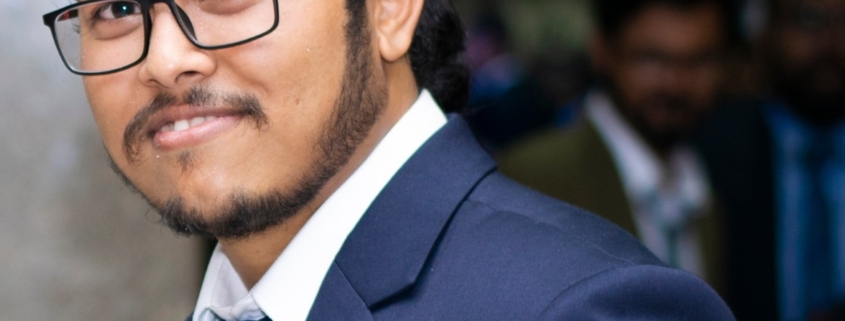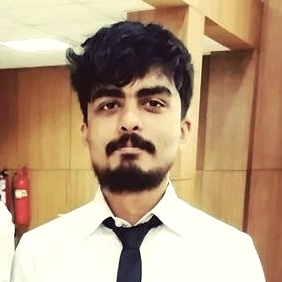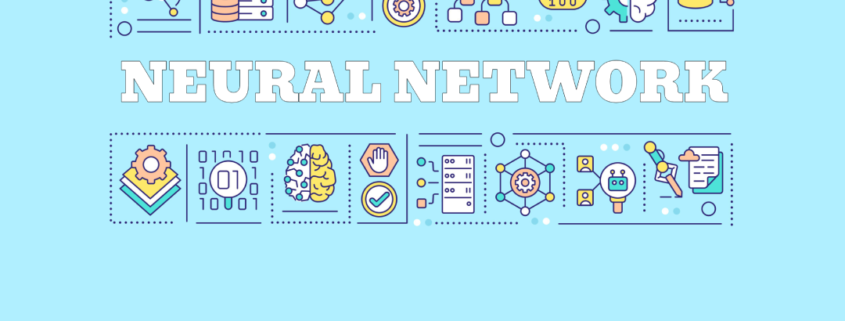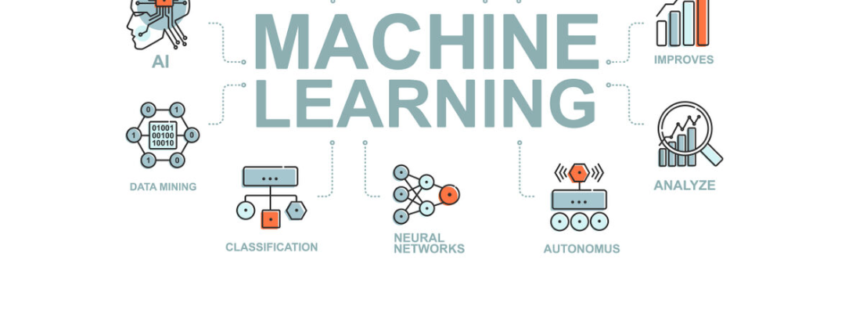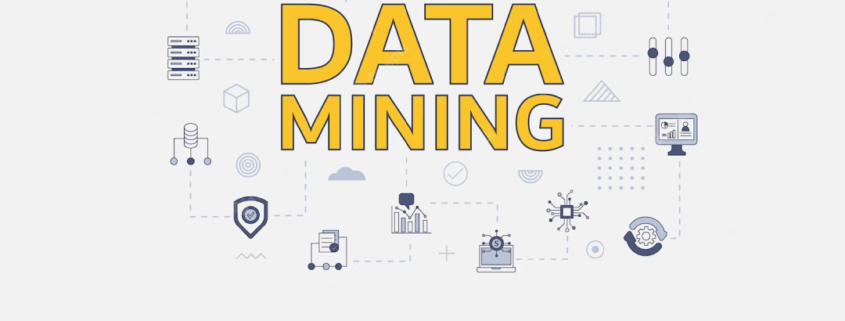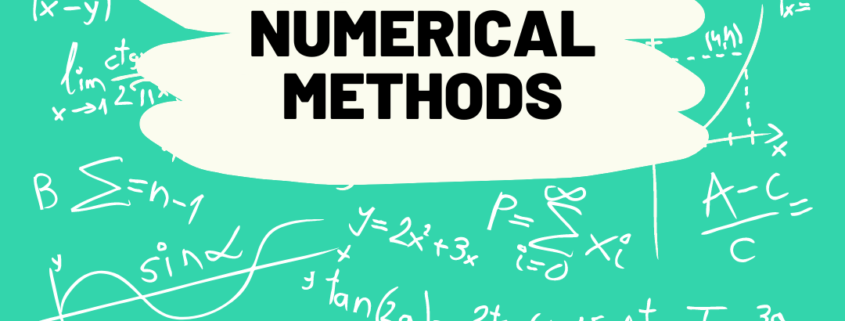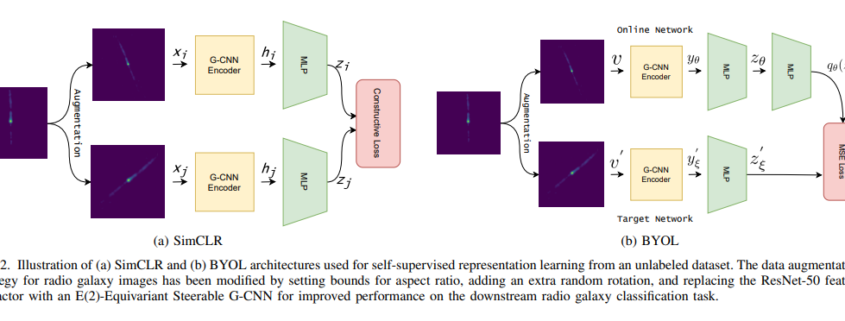CCDS RA ranked #1 in BanglaNLP workshop @EMNLP23
/in News/by AdminCCDS RA, Md Fahim has ranked #1 and #2 in Bangla sentiment analysis and violence inciting text detection tasks respectively organized by the first Bangla Language Processing workshop @ EMNLP 2023. More information about the workshop can be found here: First Workshop on Bangla Language Processing (blp-workshop.github.io)
Congratulations to Fahim.
CCDS RA receives fully funded MS admission in the Concordia University
/in News/by AdminCongratulations to Mohammad Raihanul Bashar Fahim! We’re happy to announce that he will be joining the Extended Reality and Interaction Technologies (EXiT) Lab at Concordia University, Canada for his Master’s in Computer Science starting in Fall 2023. He will be working in the field of Extended Reality, Human-Computer Interaction, and 3D user interface. Fahim had been one of our first RAs and an alumni of CSE IUB and has been working as a senior ML engineer since he left the lab.
Best of luck, Fahim!
CCDS RA receives fully funded PhD admission in the University of Houston
/in News/by AdminCongratulations to Ovi Paul, one of our former RAs at CCDS and alumni of IUB, for embarking on his PhD journey. He will be doing his PhD in Geosensing System Engineering & Science program at the University of Houston! Ovi will also serve as a Graduate Research Assistant at the National Center for Airborne Laser Mapping. The center is based at the University of Houston and is operated in partnership with the University of California, Berkeley. At CCDS, he had been working on spatial data processing (land cover and land usage classification, urban buildup classification etc. from satellite data).
We wish him all the best.
Accepted Paper: Radio Galaxy Classification at INNS DLIA 2023
/in News, Publications/by AdminOur research paper, ‘Morphological Classification of Radio Galaxies using Semi-Supervised Group Equivariant CNNs,’ has been accepted for presentation at the esteemed INNS Deep Learning Innovations and Applications (INNS DLIA 2023) workshop, which is part of the International Joint Conference on Neural Networks (IJCNN 2023). The paper will also be published in the renowned Procedia Computer Science journal!
In this study, we tackled the challenge of limited labeled data in radio galaxy classification by employing a cutting-edge semi-supervised learning approach. By harnessing the power of Group Equivariant Convolutional Neural Networks (G-CNNs) as encoders, we achieved impressive results in classifying radio galaxies into the well-known Fanaroff-Riley Type I (FRI) and Type II (FRII) categories. [Link to Paper]
CONTACT
Center for Computational & Data Sciences (CCDS), Independent University, Bangladesh (IUB).
Plot 16, Aftabuddin Ahmed Road, Block B, Bashnudhara RA, Dhaka 1229, Bangladesh.
- Email: ccds@iub.edu.bd
- Phone: +88 01885 570 597



